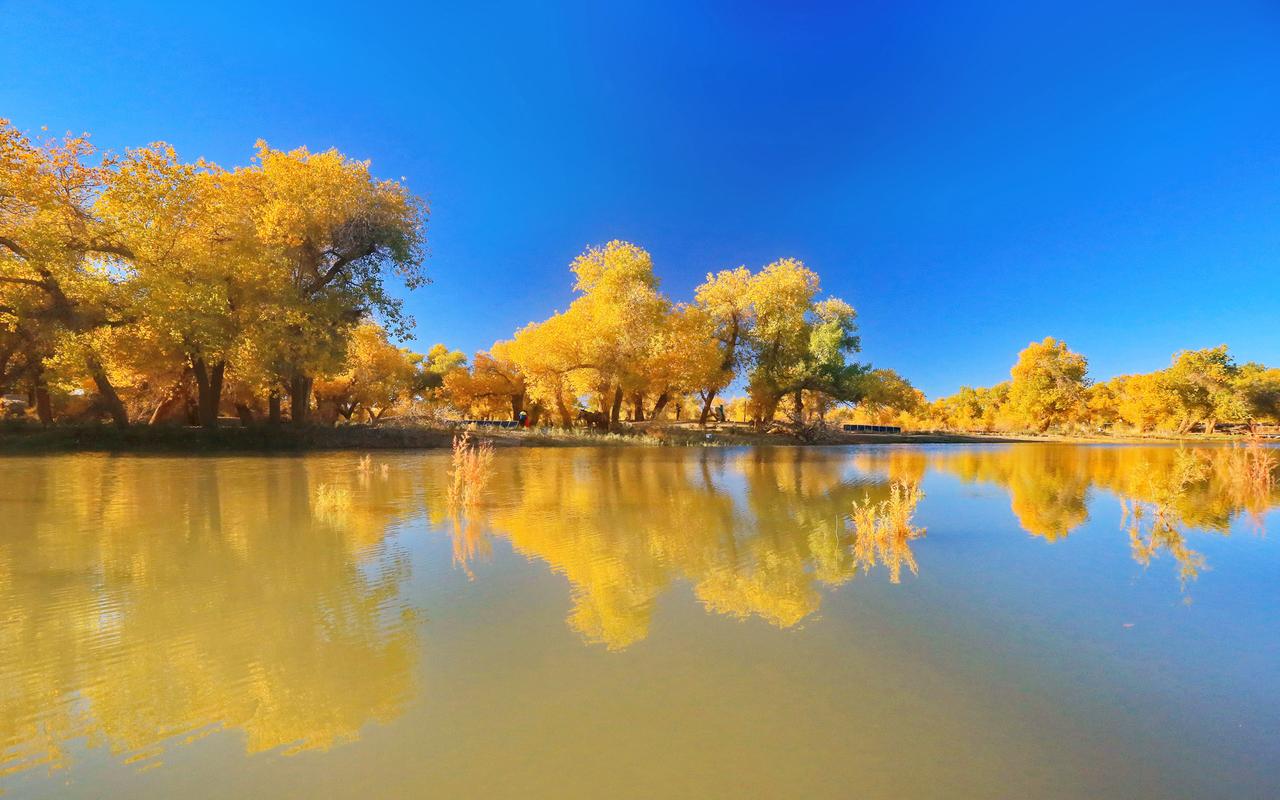The intersection of culture and religion is a complex and multifaceted issue that has been debated for centuries. The combination of beliefs, traditions, and customs is deeply ingrained in the identity of individuals and communities. It is a fascinating area of study that can help us better understand the significance of religion in our lives and how it shapes our experiences. In this blog post, we will explore the intersection of culture and religion and the ways in which they impact our identity, beliefs, and traditions.
Culture is defined as the shared values, beliefs, practices, and behaviours of a particular group or society. Religion, on the other hand, is a set of rules and beliefs that dictate the conduct and actions of individuals who subscribe to a particular faith. The two are inevitably intertwined, as culture shapes the way that we practice and interpret religion. The intersection of religion and culture can be seen in the customs, rituals, and beliefs that are shared by members of a particular community.
For many individuals, religion is not just a set of beliefs, but a way of life that ties them to their cultural heritage. This is particularly true for those who belong to minority groups, who may view religion as a way of preserving their cultural identity. In these cases, religion is not simply a matter of belief, but an integral part of their cultural heritage.
Traditional religious practices have often been seen as an expression of cultural identity. For example, the Hindu festival of Diwali is celebrated by millions of people around the world, each with their unique customs and traditions. Similarly, the Jewish holiday of Passover is celebrated as an expression of Jewish identity and culture. By celebrating these holidays and participating in these traditions, individuals are not only expressing their religious beliefs but also their cultural heritage.
The intersection of culture and religion also plays a crucial role in shaping identity. For many people, religion is one of the primary factors that shape their identity. It provides a sense of purpose and meaning and helps to define their place in the world. In this sense, religion and culture are not just expressions of identity but, in many cases, the primary source of it.
However, the intersection of religion and culture is not without its challenges. The cultural traditions and practices that are often associated with religion can sometimes clash with contemporary societal values. This can create tension between different cultural groups and may challenge the authenticity of their religious beliefs. The intersection of culture and religion can be a source of conflict, particularly when it comes to issues of gender and sexuality.
In conclusion, the intersection of culture and religion is an area of study that is both fascinating and complex. Understanding how these two powerful forces interact can help us better understand our place in the world and the significance of religion in our lives. By exploring the intersection of culture and religion, we can gain a deeper appreciation of the diversity of human experience and the unique ways in which people express their beliefs, traditions, and identity.
(Note: Do you have knowledge or insights to share? Unlock new opportunities and expand your reach by joining our authors team. Click Registration to join us and share your expertise with our readers.)
Speech tips:
Please note that any statements involving politics will not be approved.
